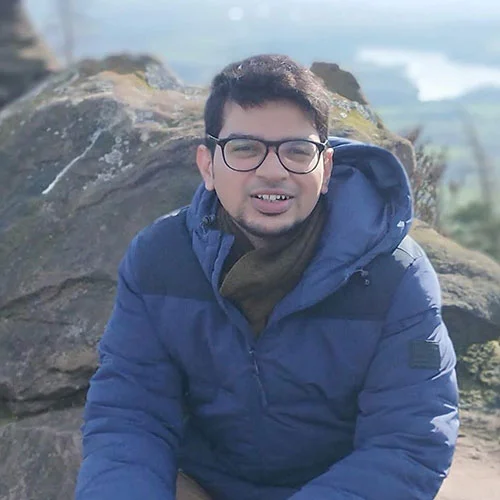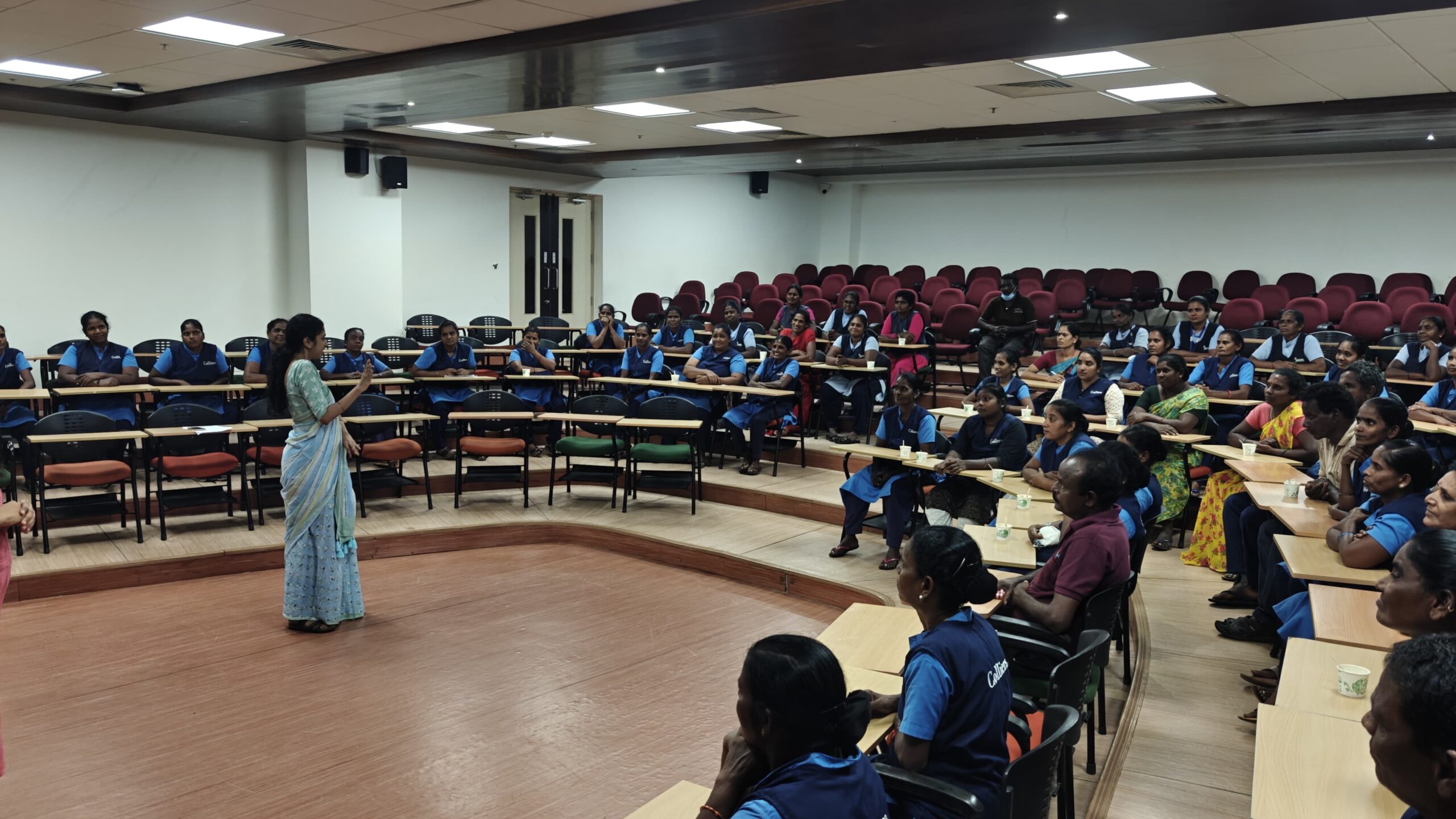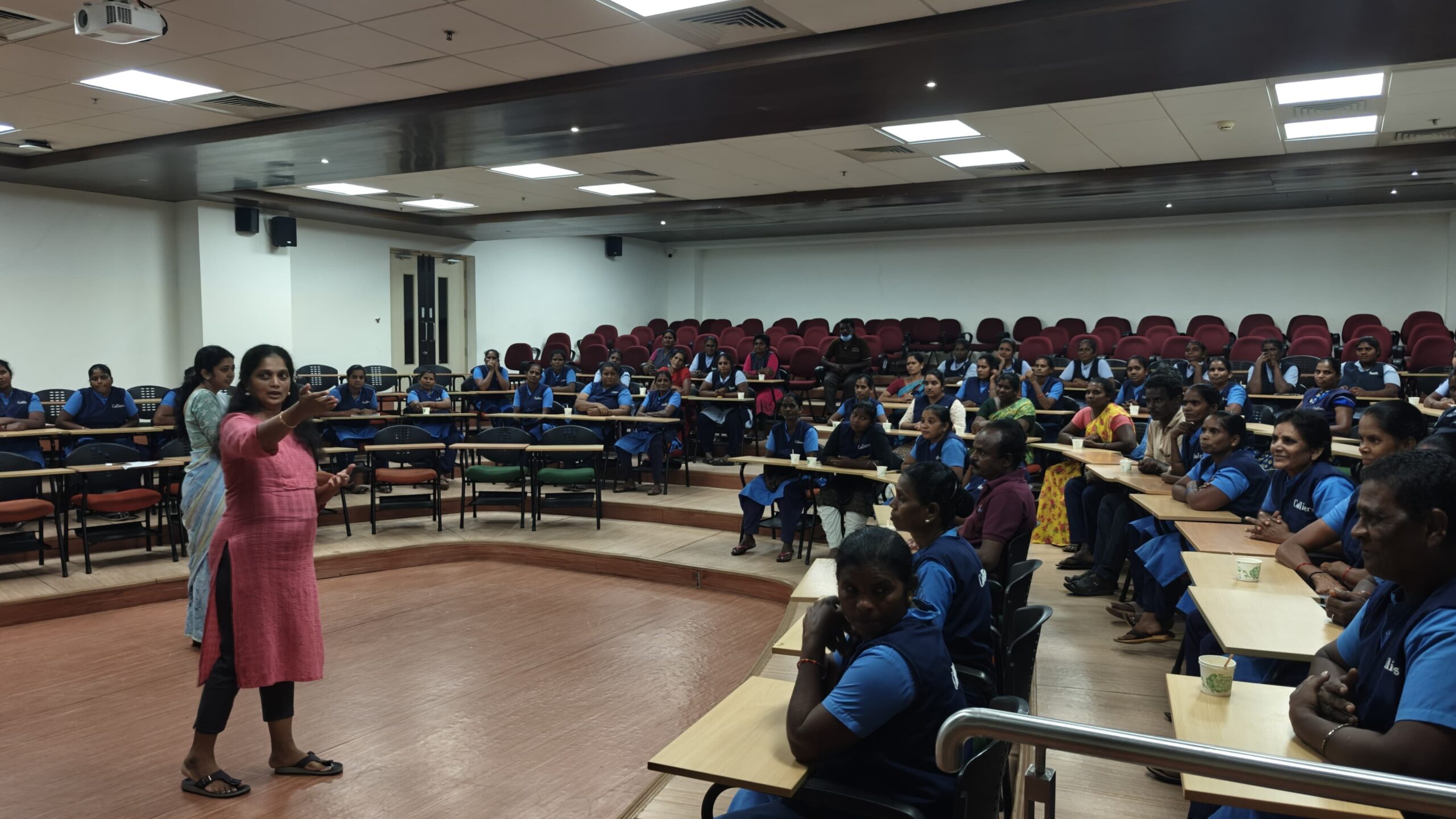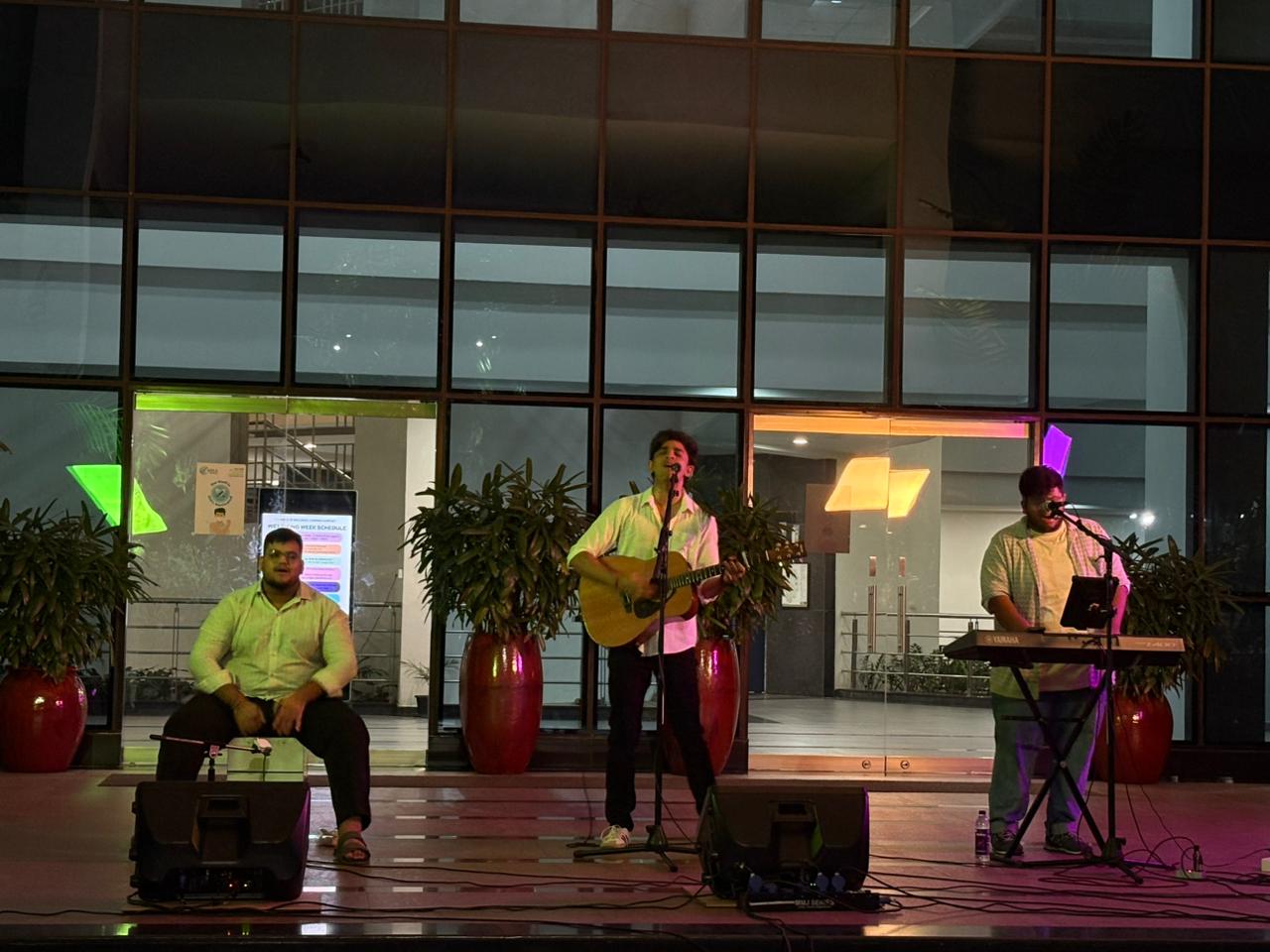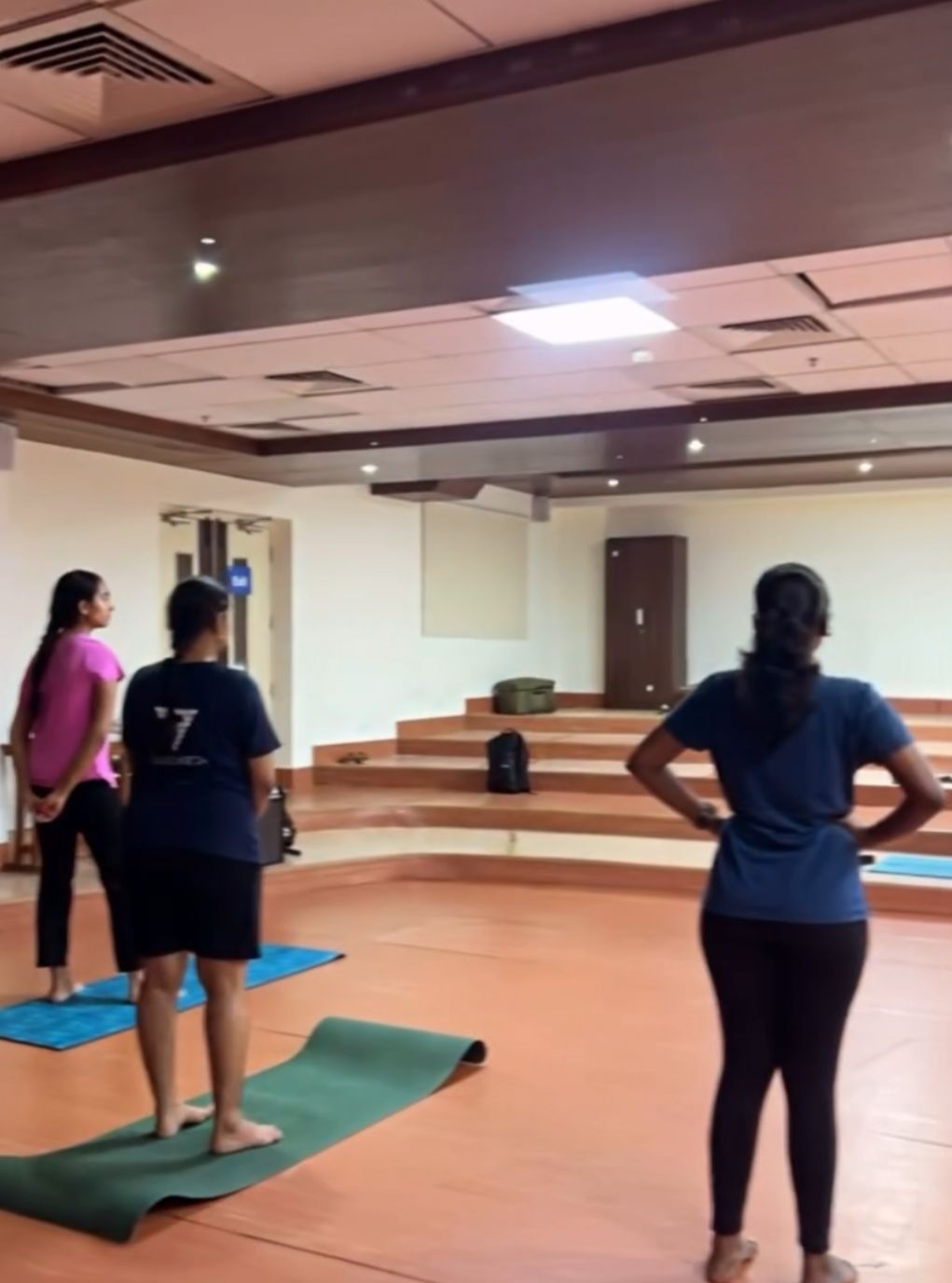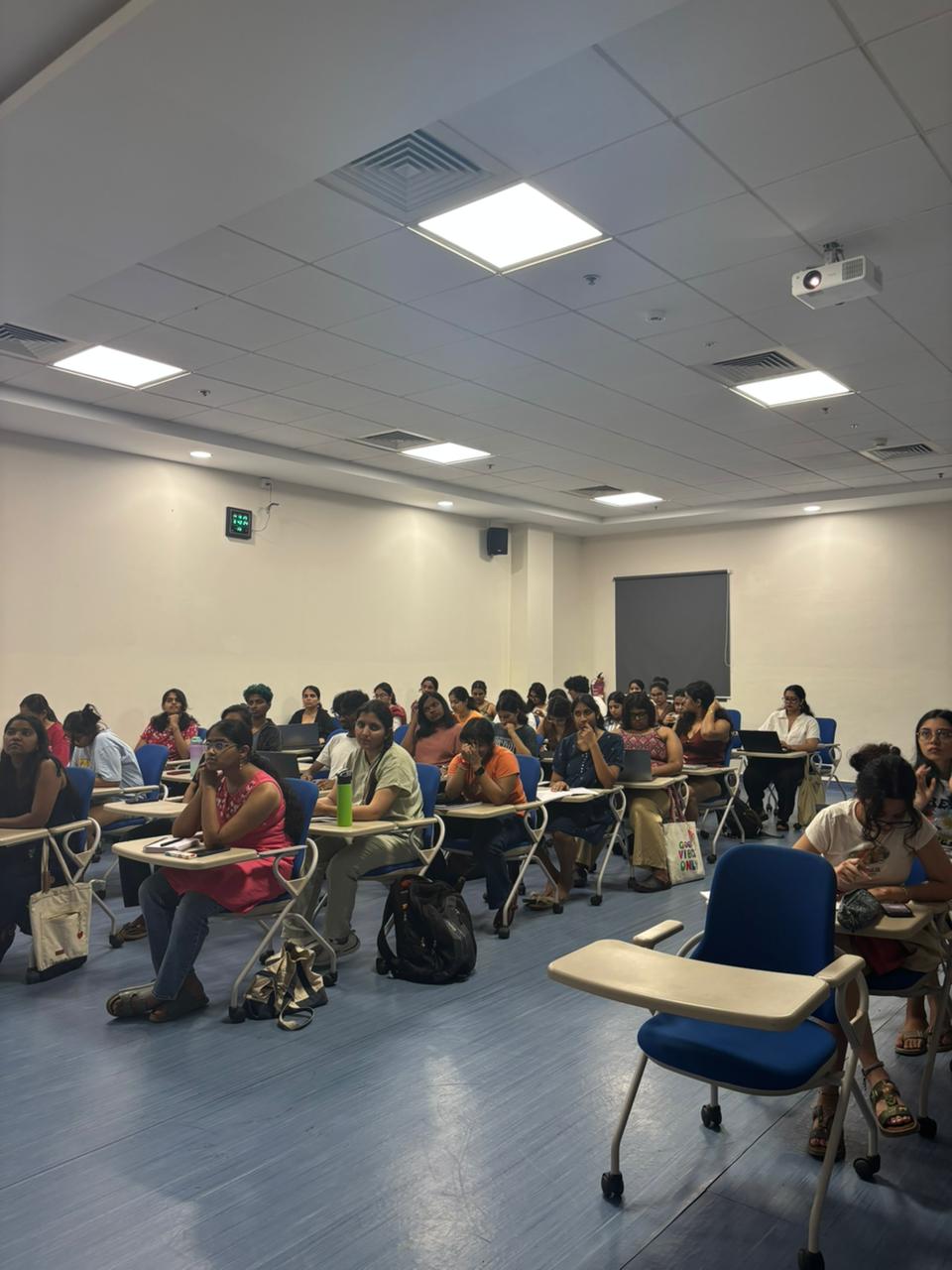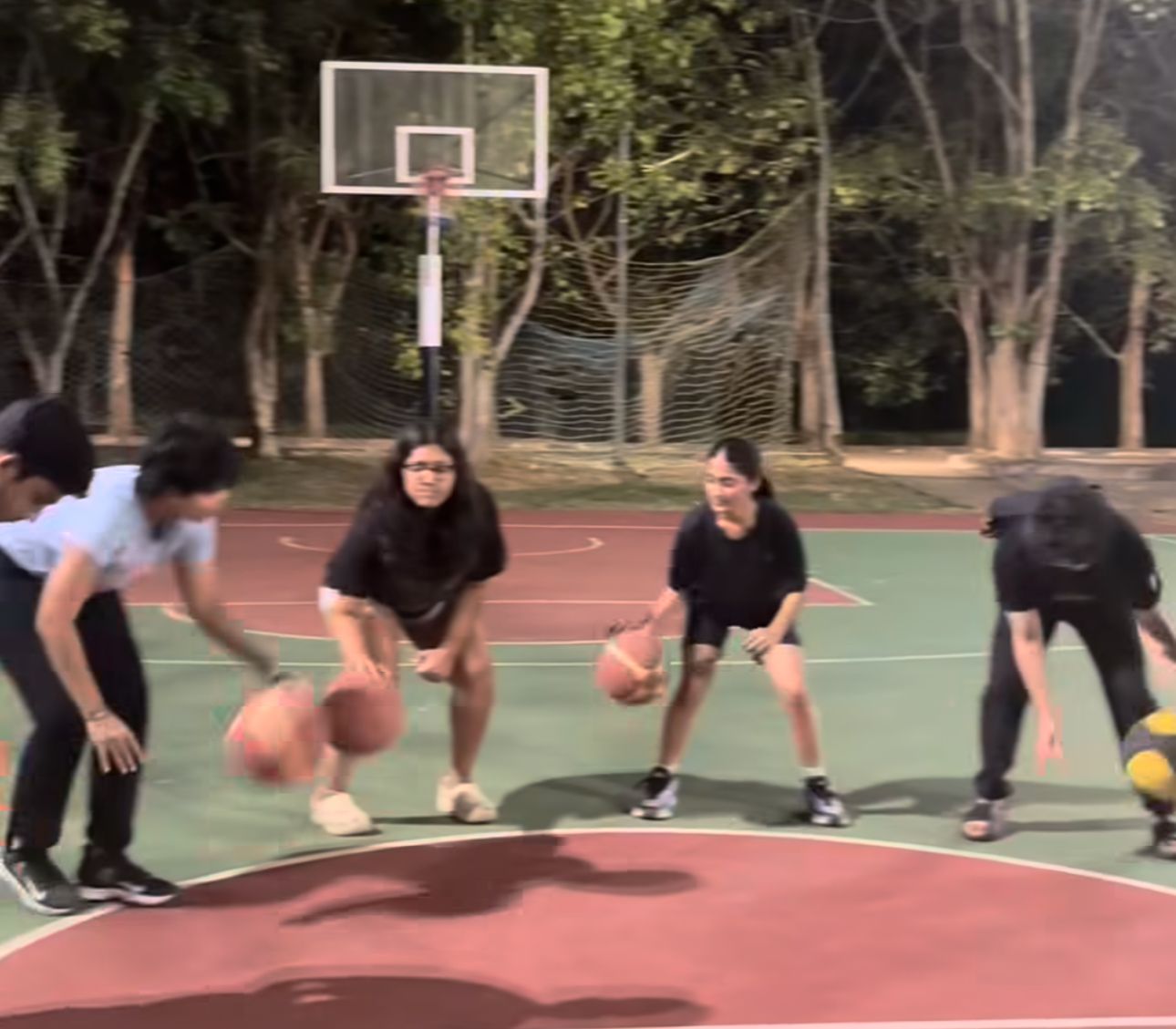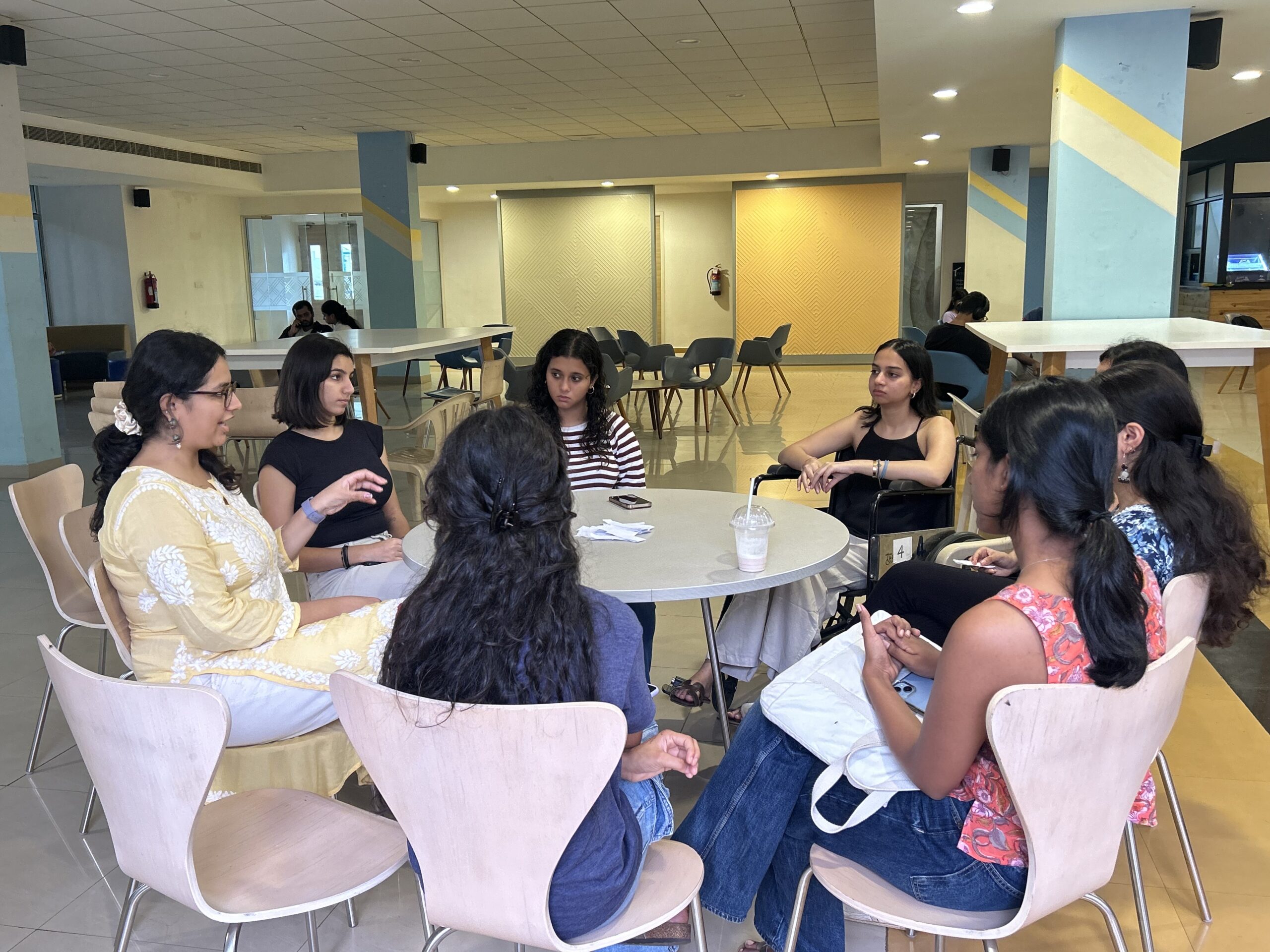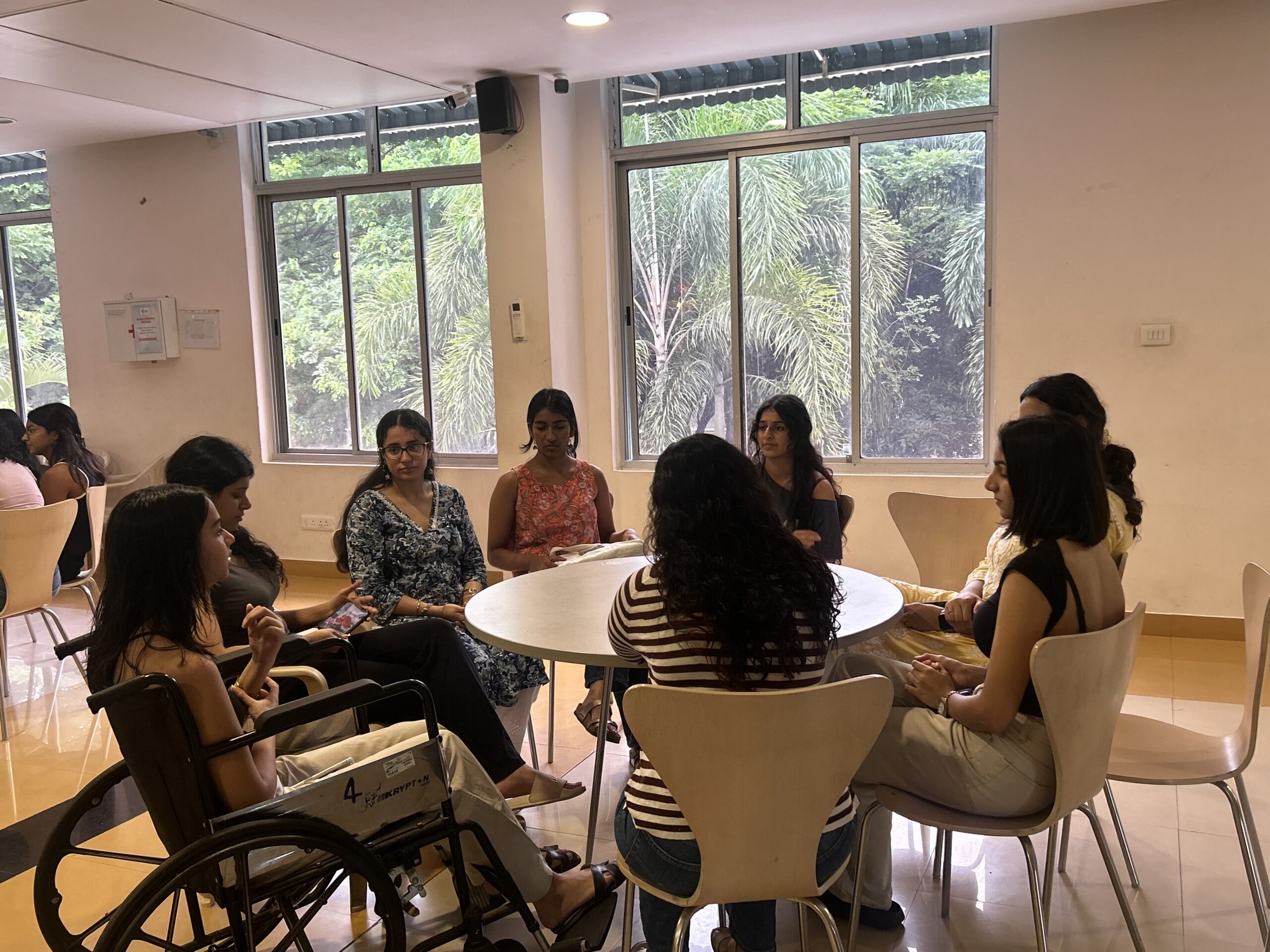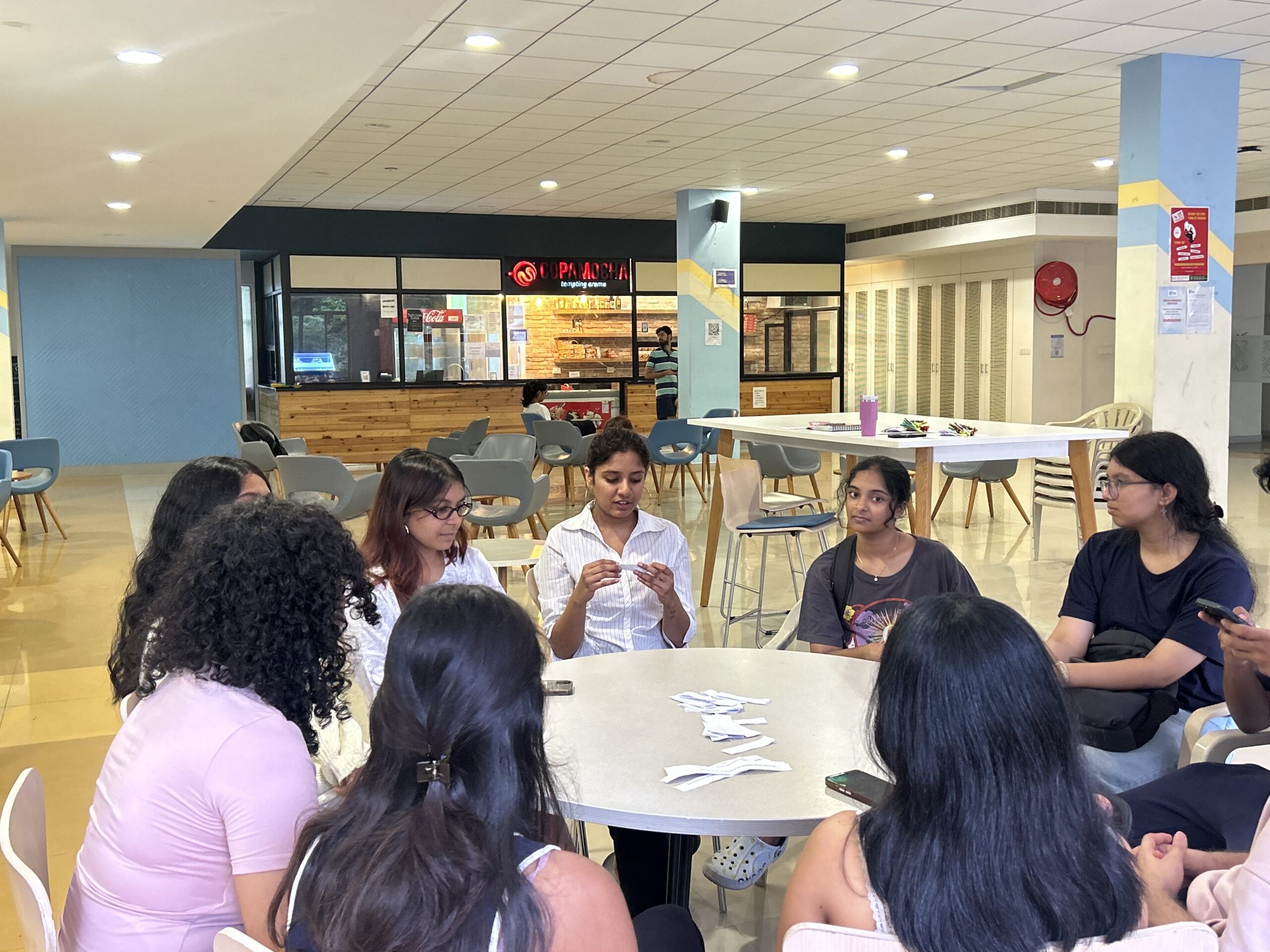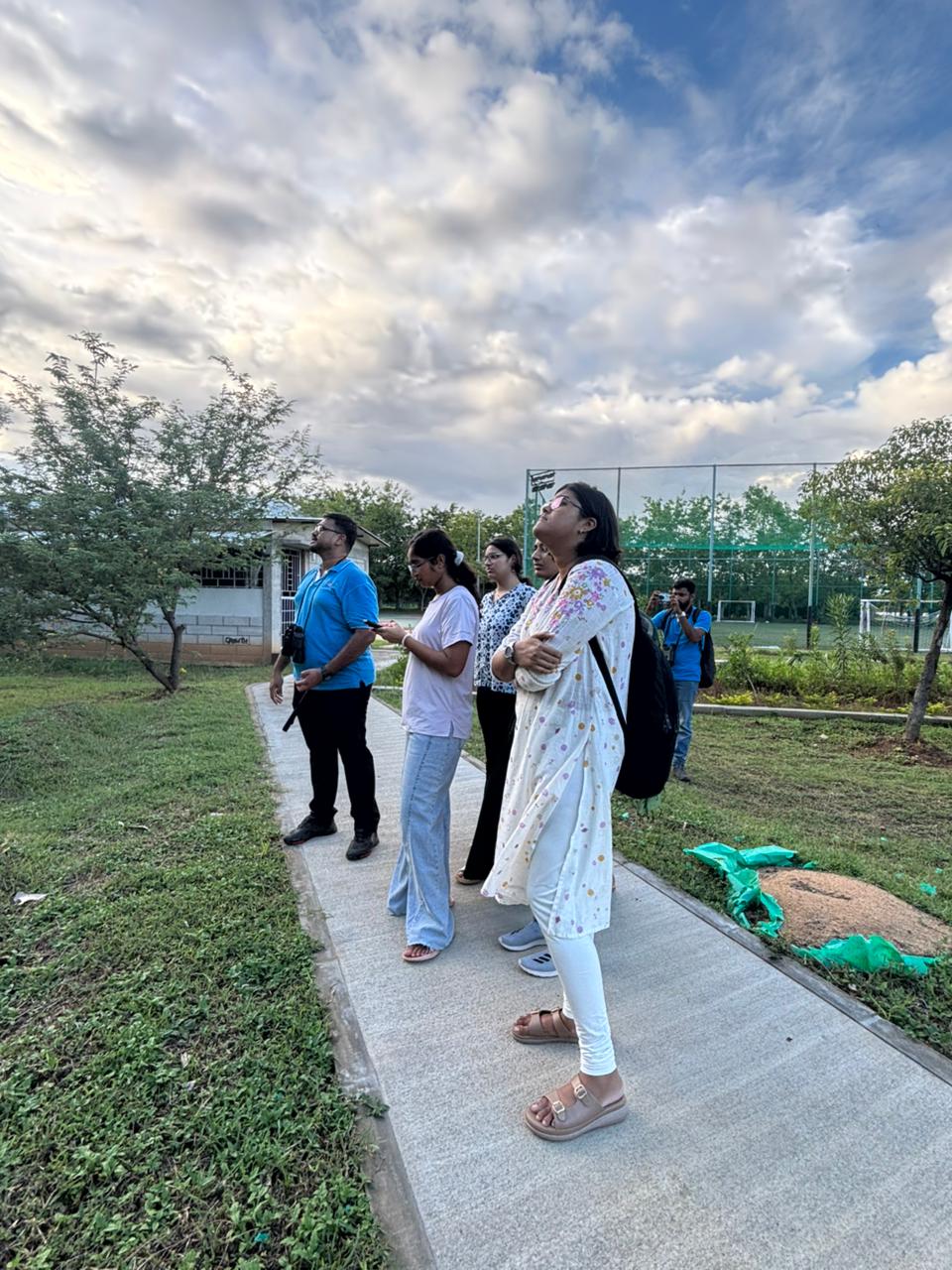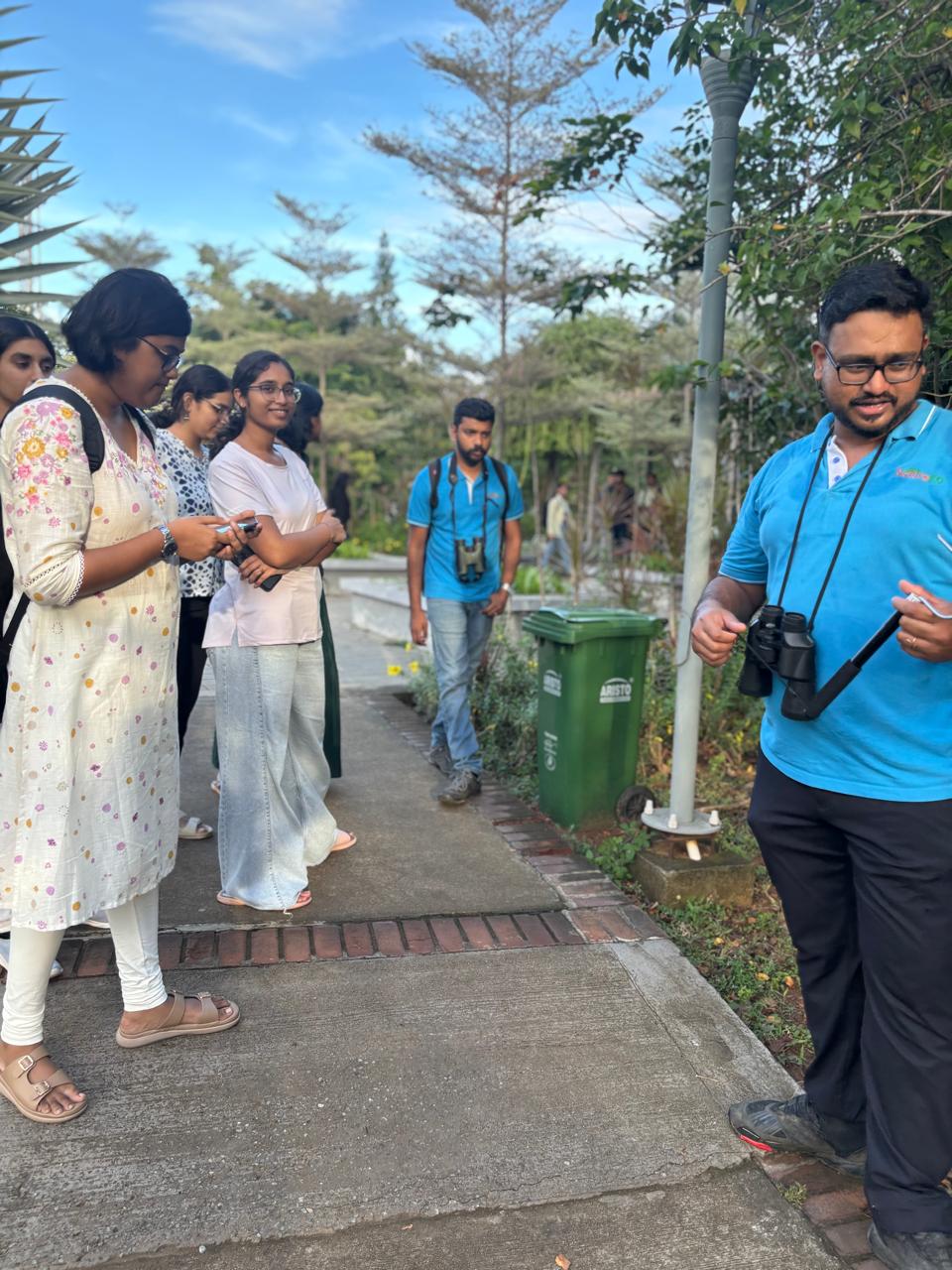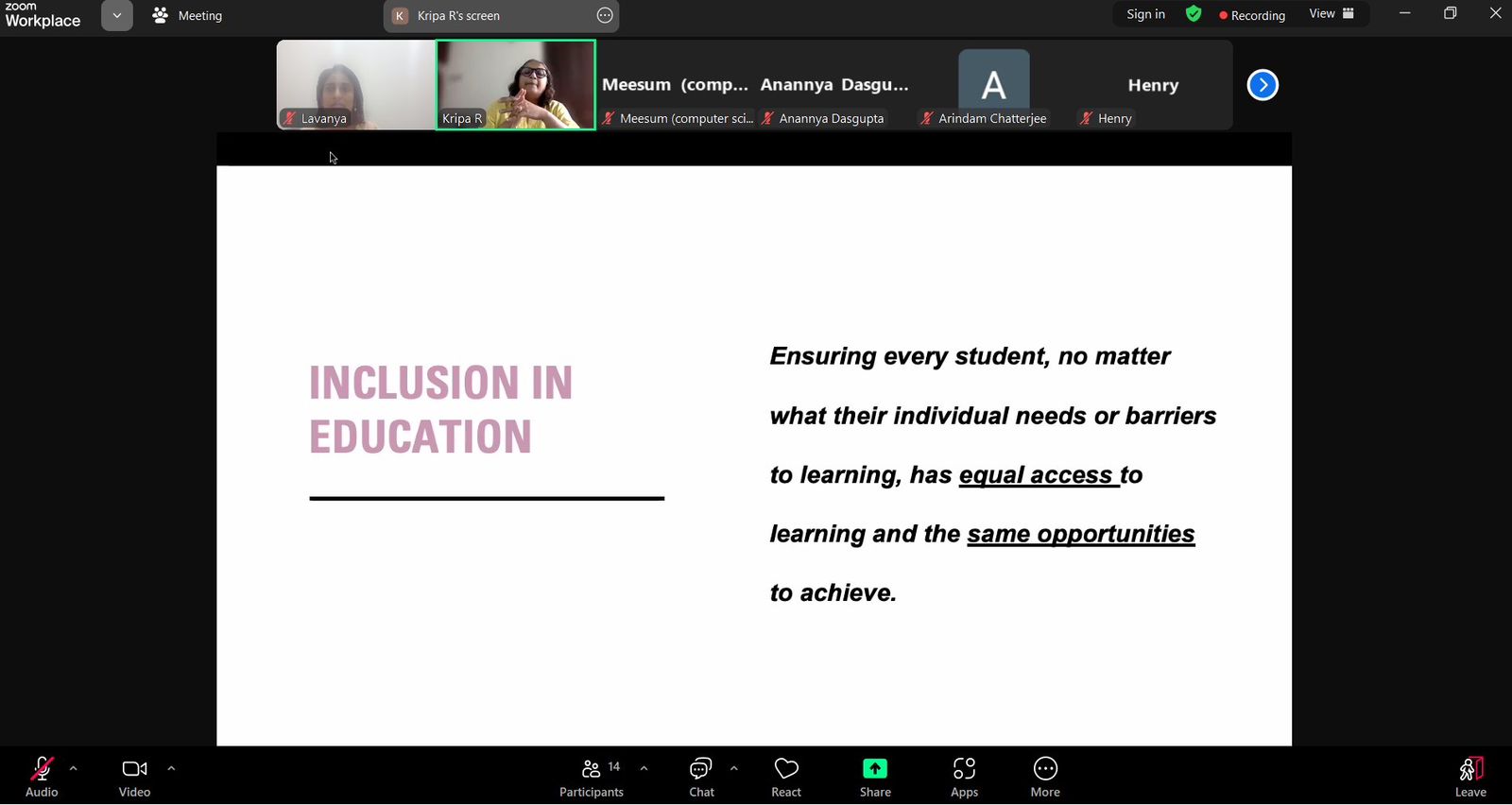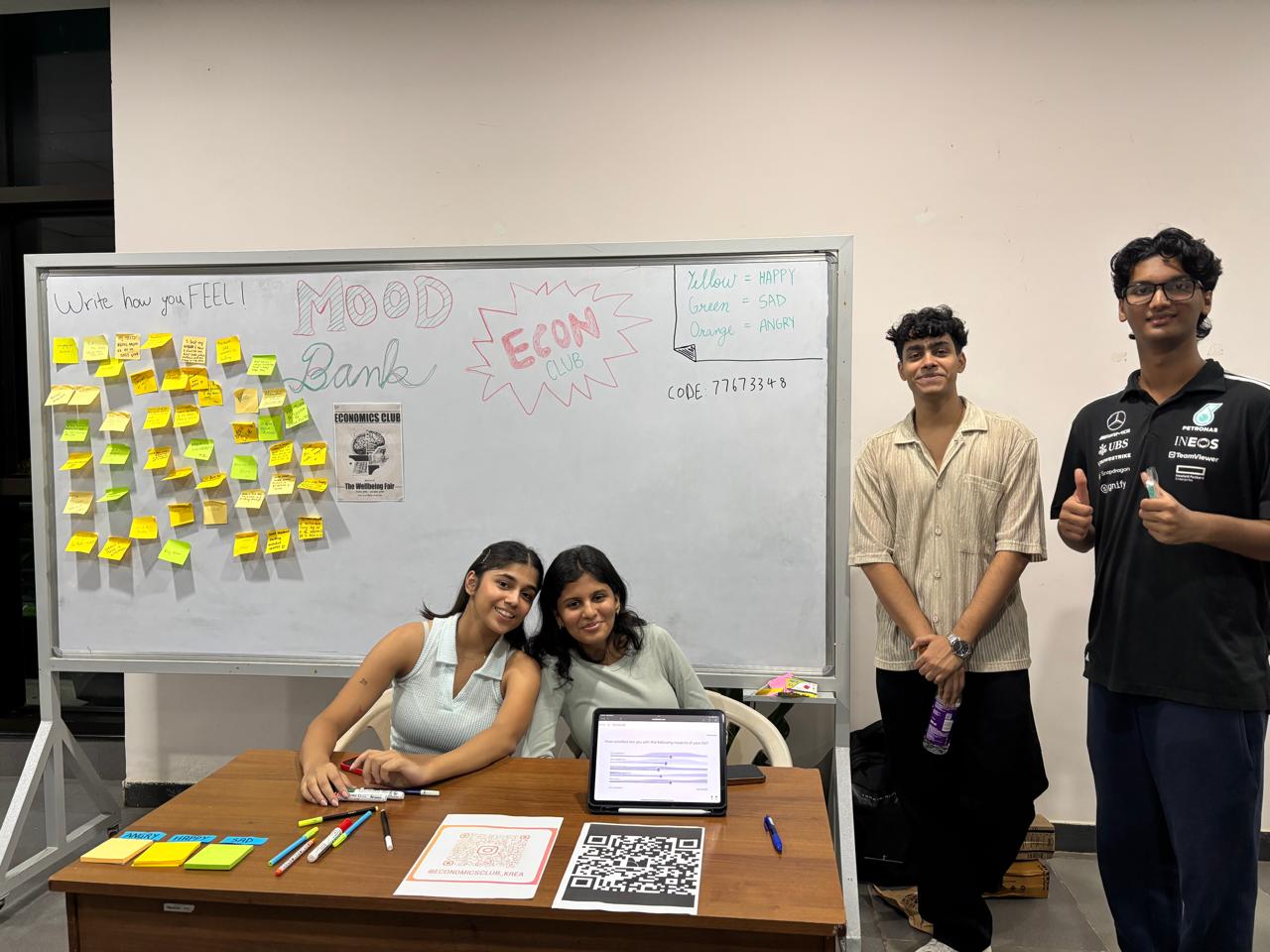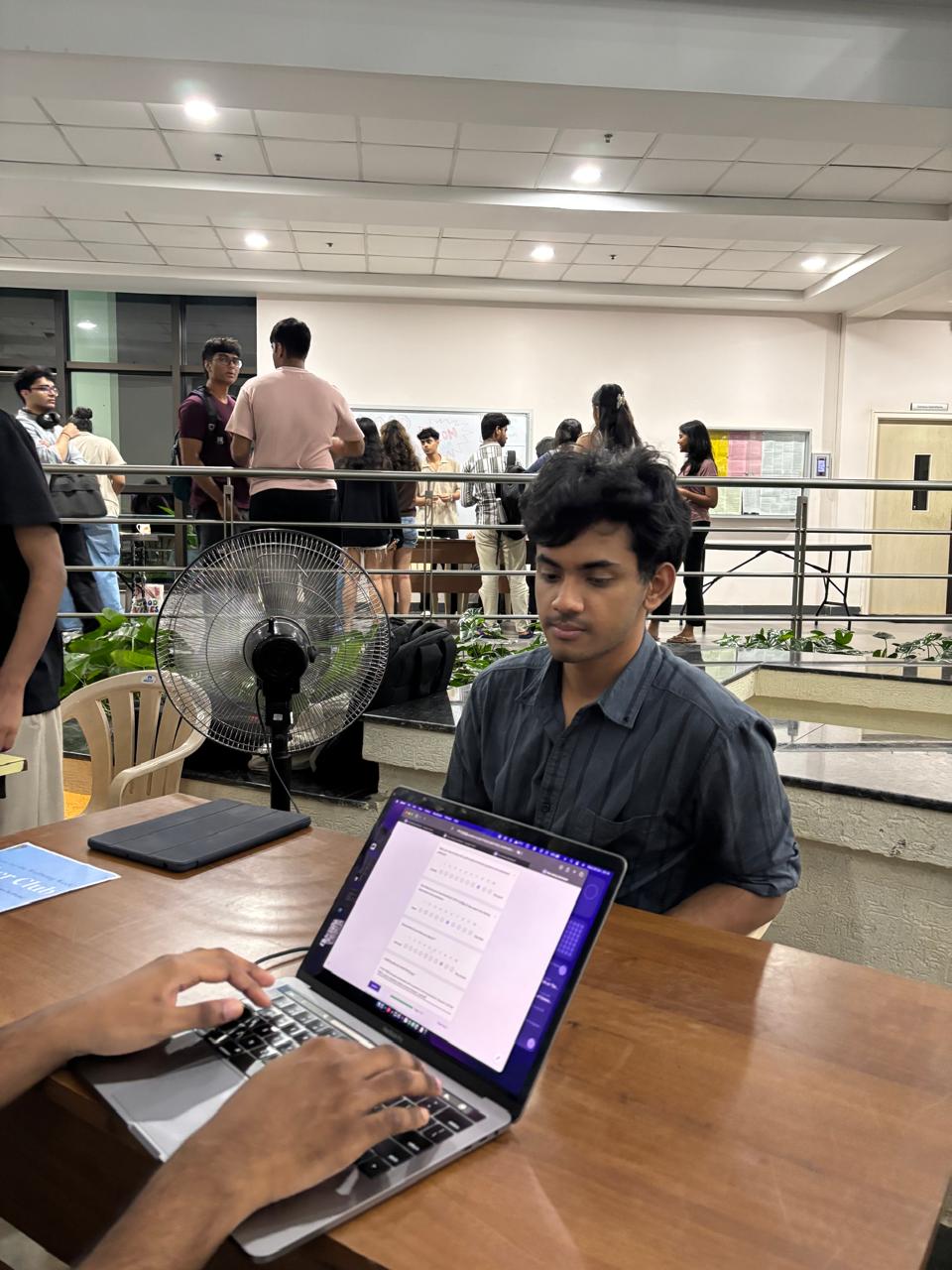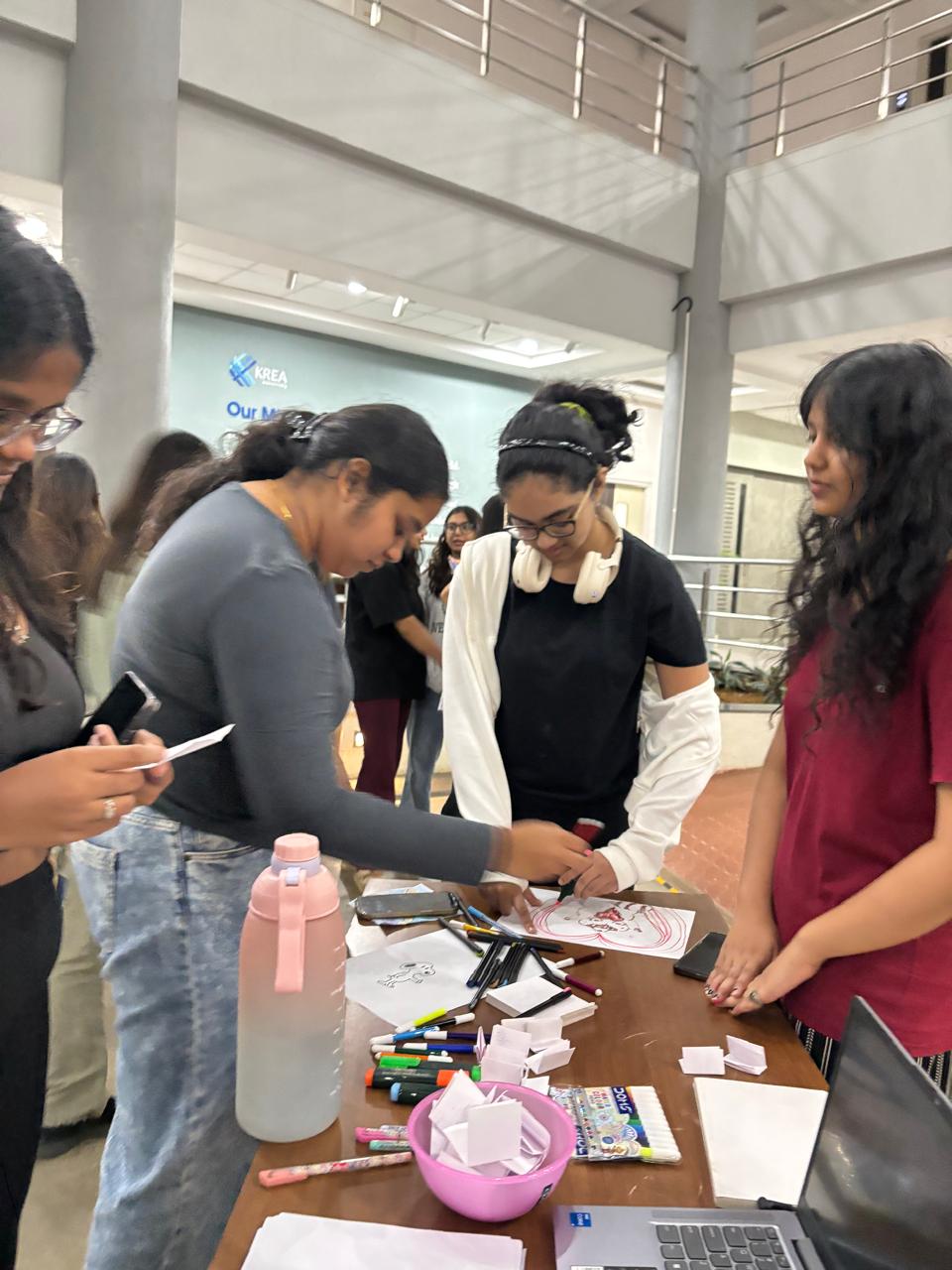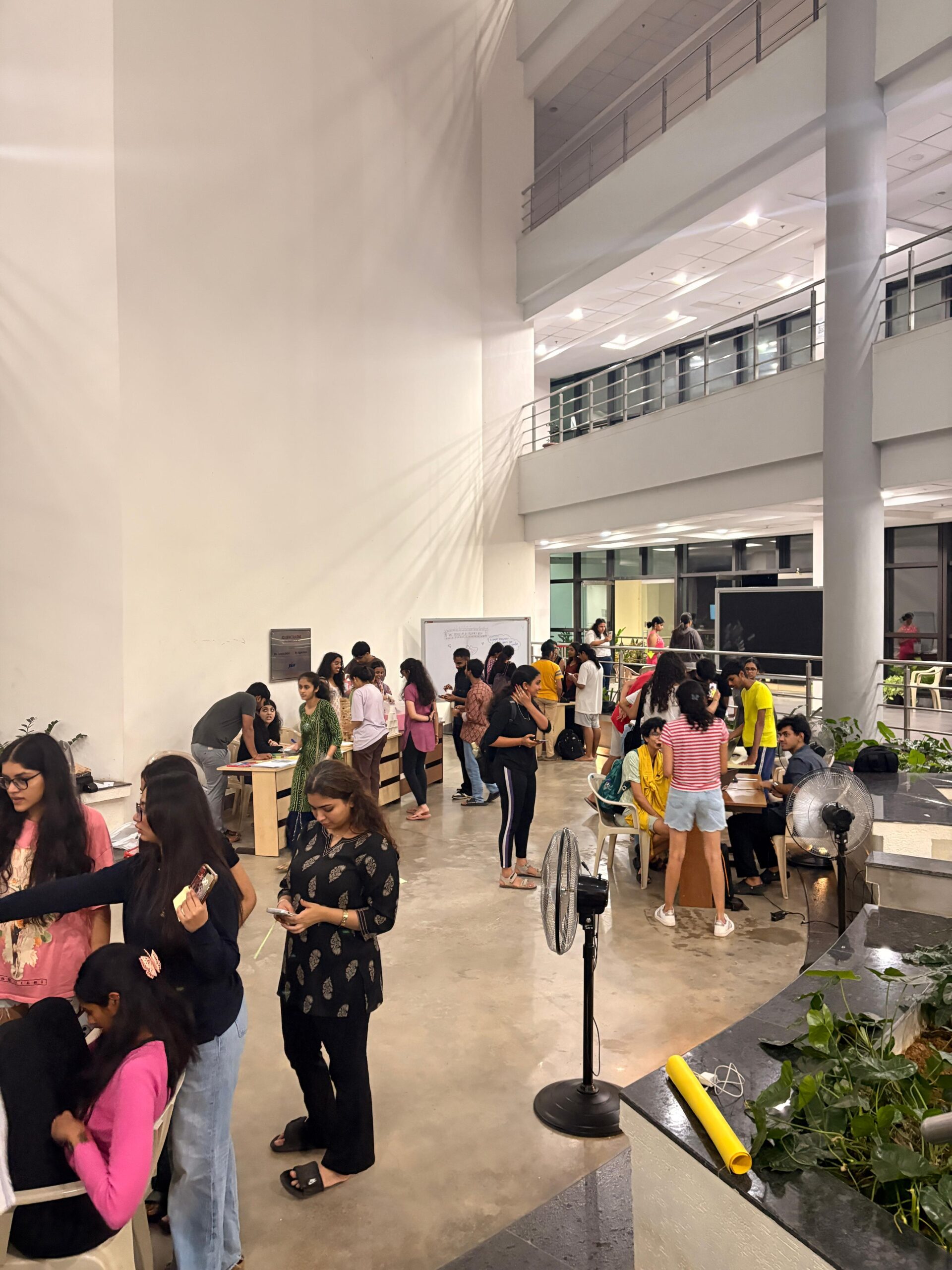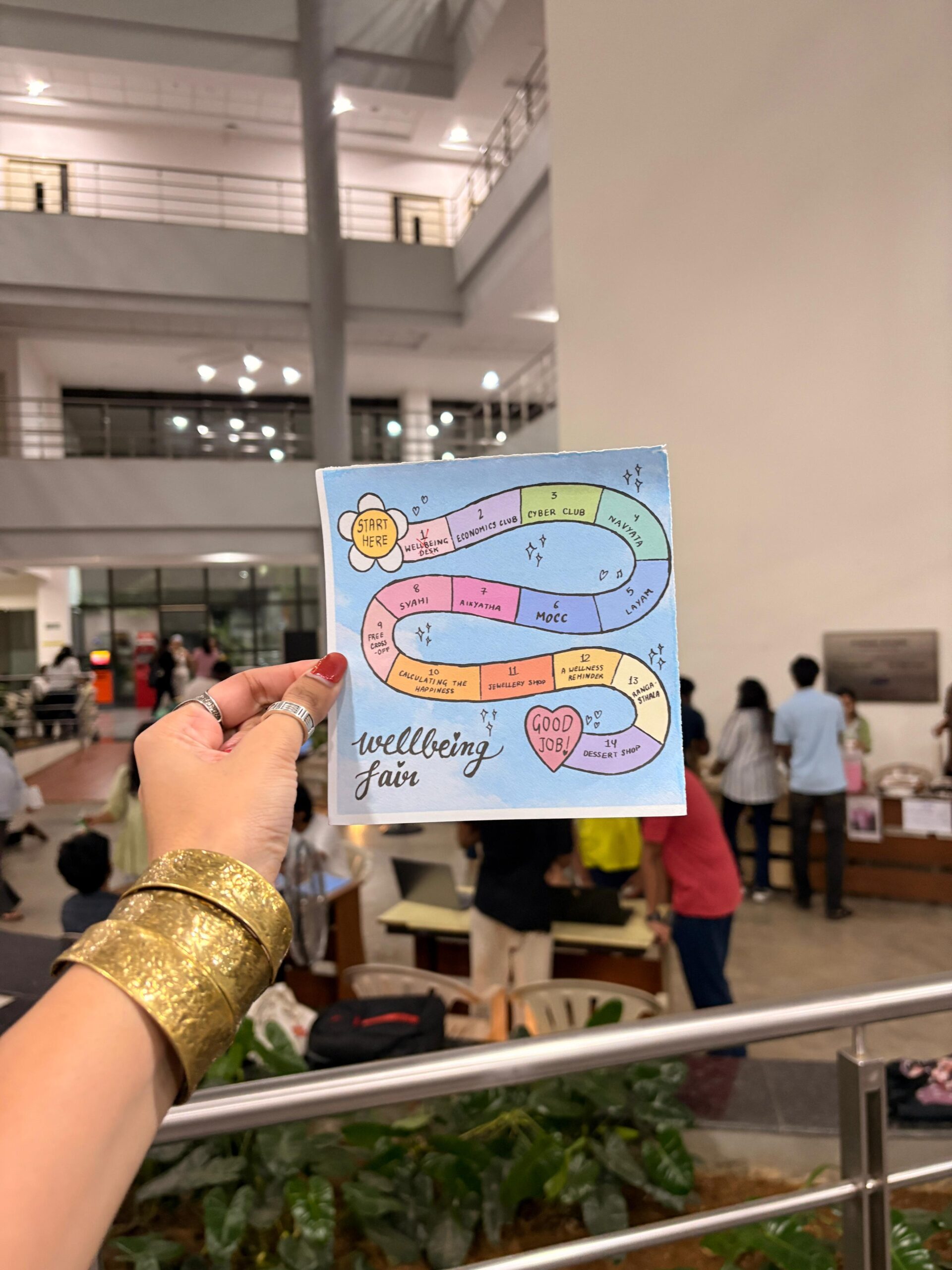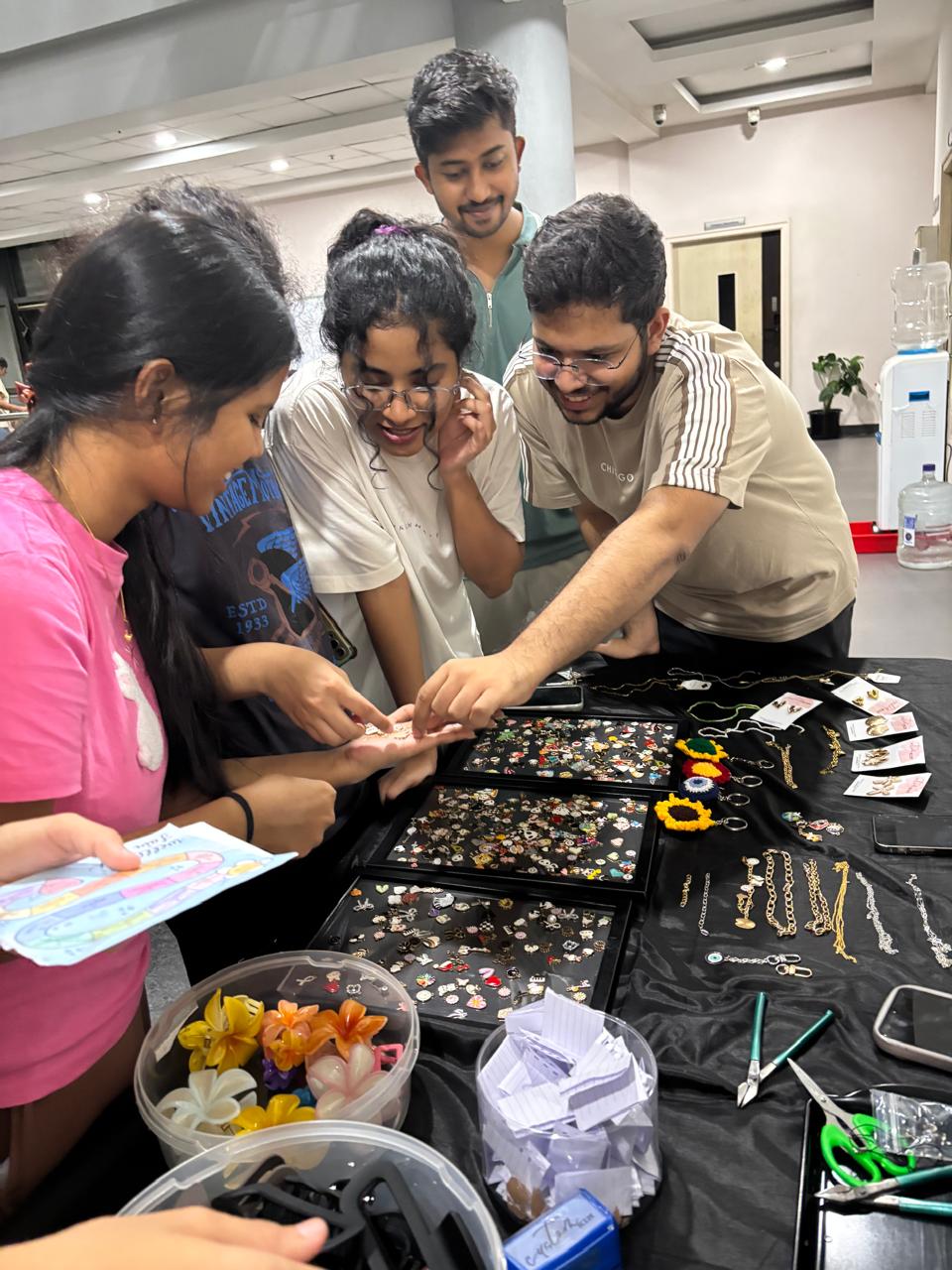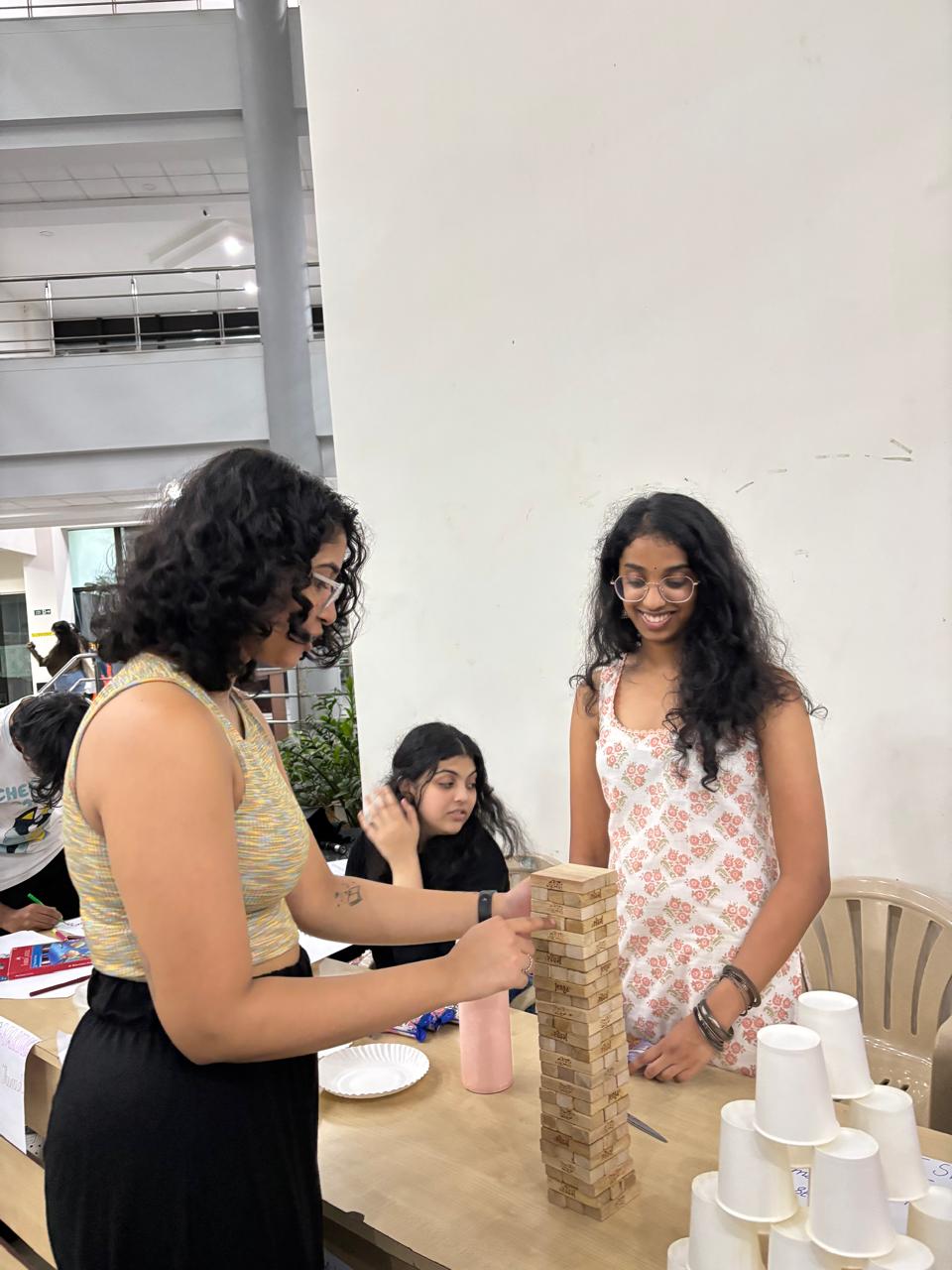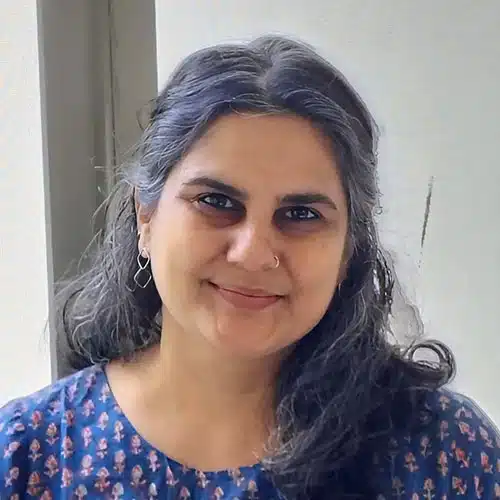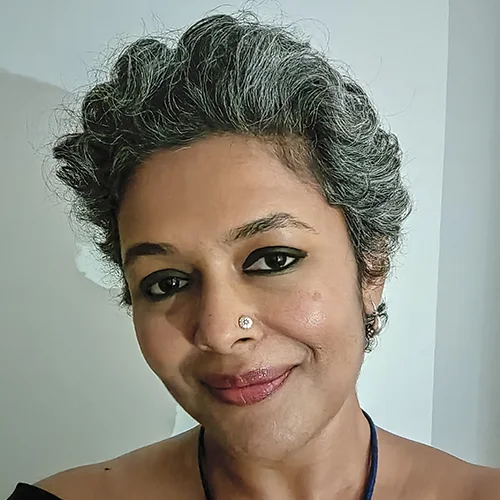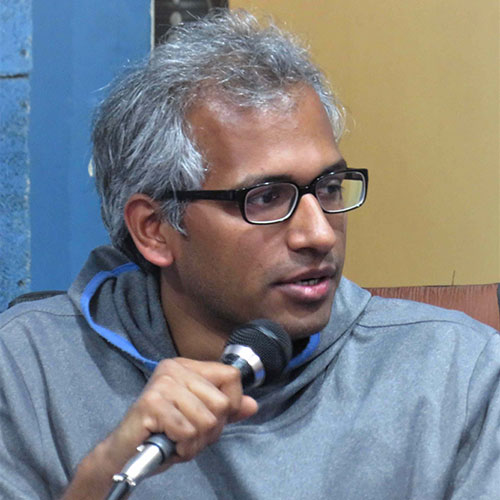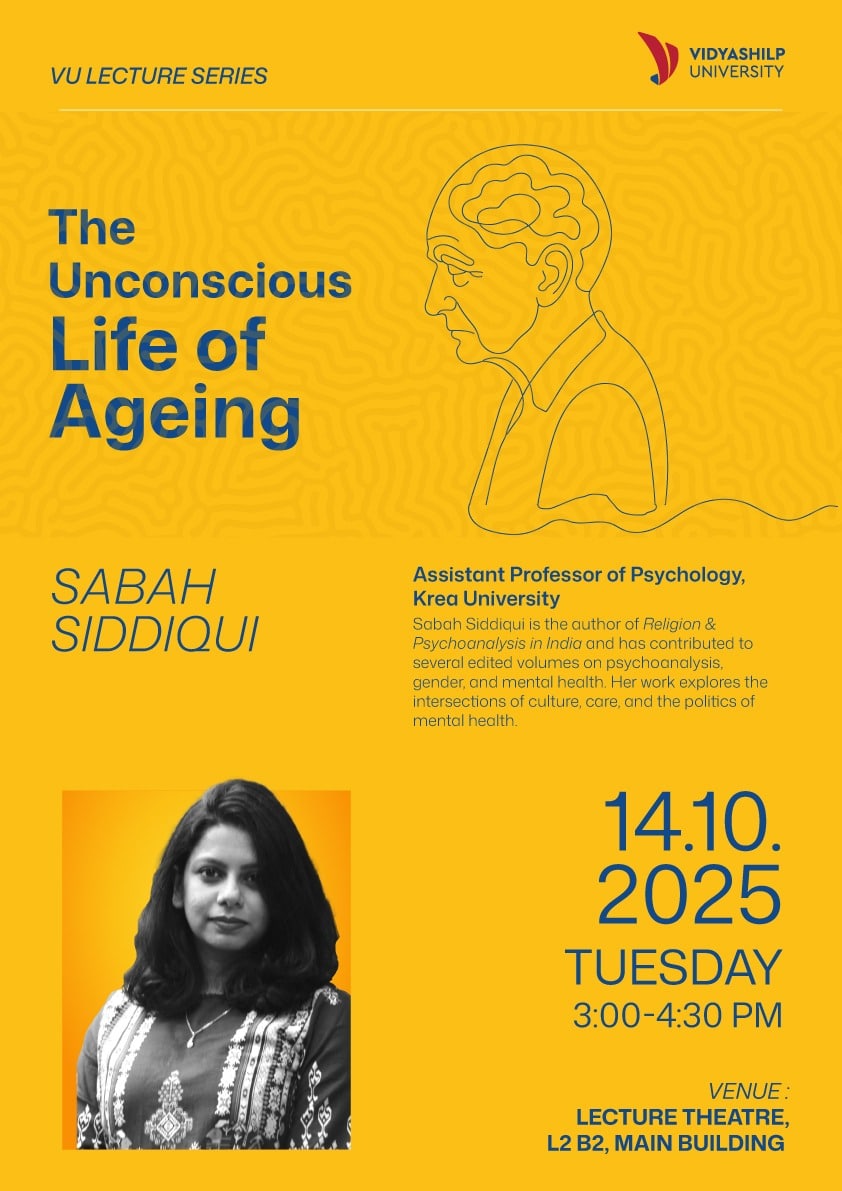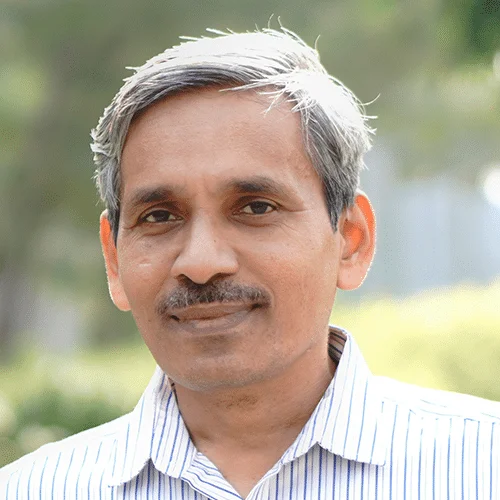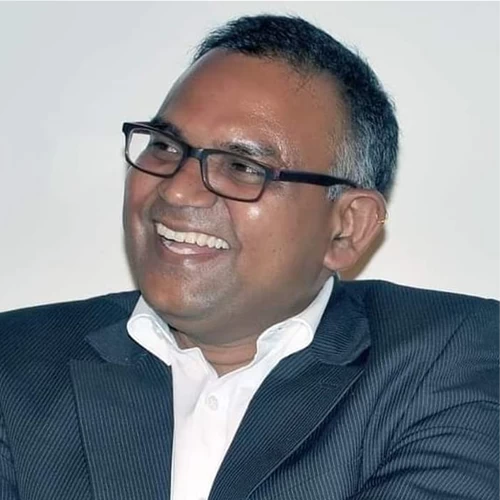Dr Sambaiah Gundimeda, Associate Professor, Politics, SIAS recently penned an article titled Debating Uniform Civil Code: the making of Article 44 in the Constituent Assembly of India published by Indian Law Review.
Abstract
Should a secular state accommodate personal laws in a religiously diverse society? Must legislation reforming personal and cultural practices rest on the consent of affected groups? These questions animated the Constituent Assembly’s deliberations on the Uniform Civil Code (UCC). Initially conceived as a mechanism to harmonize personal laws, the UCC soon became a site of constitutional contestation over secularism, gender justice, and cultural autonomy. Proponents advanced it as essential to civic equality and national integration, while critics warned of majoritarian homogenization and emphasized the need for preserving plural legal traditions and community assent. The Constituent Assembly ultimately located the UCC within the non-justiciable Directive Principles, signalling a compromise between legal uniformity and pluralist accommodation. Revisiting these debates, this article argues that the democratic legitimacy of personal law reform rests not on equality or uniformity alone, but on inclusive deliberation, negotiated consent, and institutional patience within a plural constitutional order.
Know more
Read the pdf
